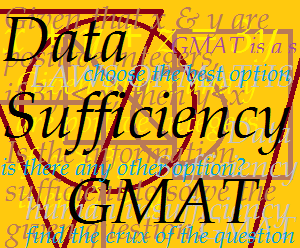Around 35% of universities in the USA have given waivers for GRE
The GRE score is still one of the most important selection criteria considered by graduate admissions committees.
Why should I take the GRE test?
Colleges typically use the GRE (for STEM fields) to assess your quantitative ability.
- Every applicant is evaluated holistically; your GRE scores, academic scores, internships, research papers, and projects are considered. But those who give GRE will have a clear advantage over those who don’t.
- If your undergraduate GPA is lower than expected, your GRE test score is your chance to demonstrate quantitative skills beyond your transcript.
GRE is recommended as it is required for scholarships.
Though scholarships based on GRE, TOEFL, and IELTS exam scores are limited, you must score at least
- 165 in both the quantitative and verbal sections of the GRE,
- 4.5 in the writing skills section of the GRE, and
- above 100 in the TOEFL and 7.5 in the IELTS to be eligible for one.
A good GRE score demonstrates your potential in analytical and critical thinking skills.
How do I decide whether to take the GRE?
If the website explicitly states that GRE scores are required, you must take the GRE.
If the university website mentions that it is recommended, it is advisable to take the GRE.
If the university you are applying to has stated on their websites that they have waived the GRE, you are not required to send your GRE score reports in your admissions packet. However, if your GRE score is more than 300, we still recommend that you send the GRE scores.





